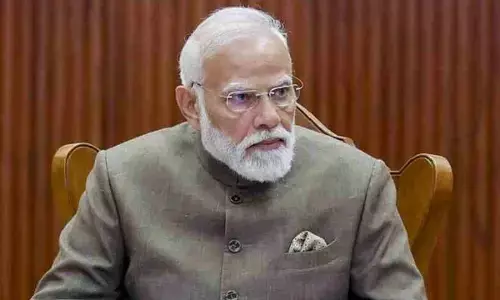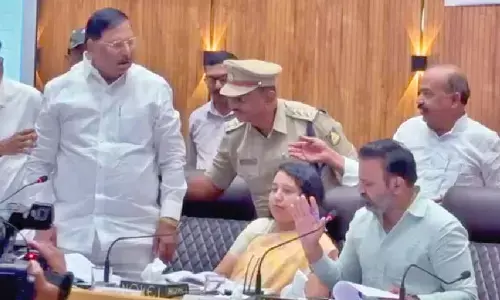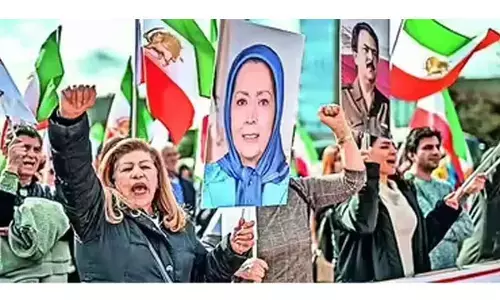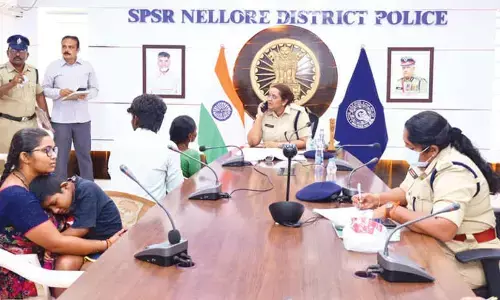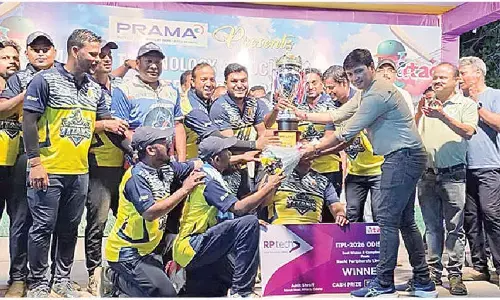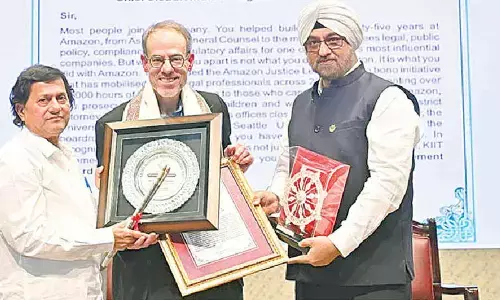The anti human trafficking bill
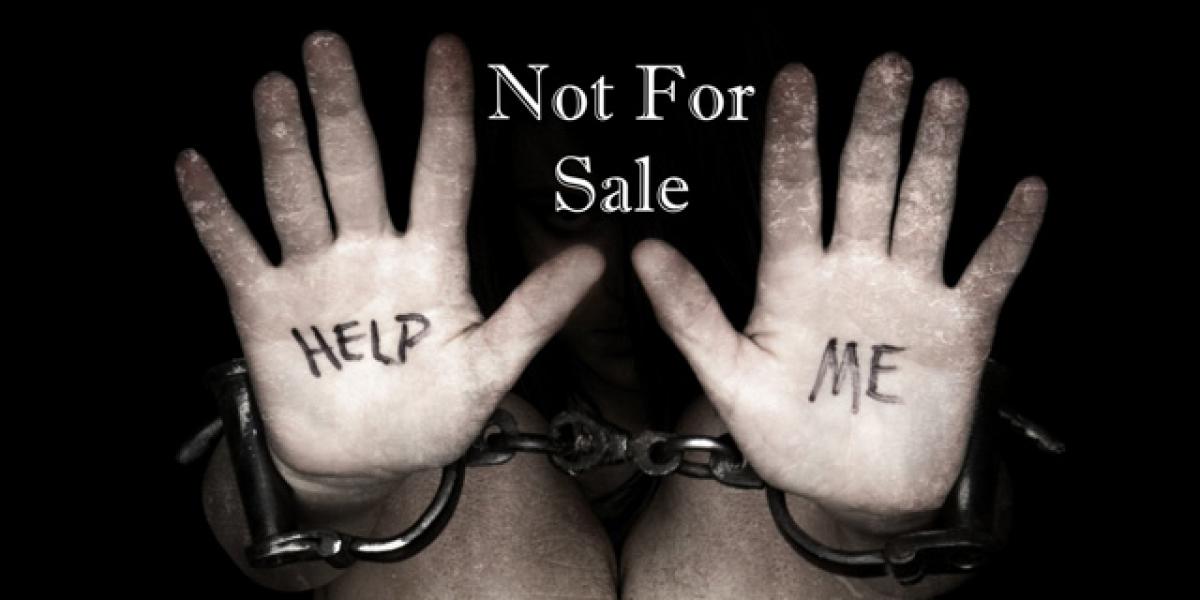
The Indian government last year stated that trafficking was the third largest organised crime and time has now come to deal with it through a single comprehensive Act.
The Indian government last year stated that trafficking was the third largest organised crime and time has now come to deal with it through a single comprehensive Act. “The Trafficking of Persons (Prevention, Protection and Rehabilitation) Bill, 2016” aims to create a strong legal, economic and social environment against trafficking of persons and related matters.
The draft Bill plugs loopholes in existing laws and brings within its fold additional crimes pertaining to trafficking which don’t find a place in the existing laws. It also envisages creation of a fund for rehabilitation of victims of trafficking, she said. Under the Bill, an institutional mechanism is also sought to be set up to deal with this highly specialized subject which will also include members from Civil Society Organisations.
The draft Bill has taken into account the various aspects of trafficking and its punishments as defined in section 370- 373 of Indian Penal Code, 1860 and aims to include other offences/ provisions which are not dealt with in any other law for the purpose of trafficking, such as (1) penal provisions for the disclosure of identity of the victim of trafficking and witness (2) use of narcotic drug or psychotropic substance or alcohol for the purpose of trafficking (3) use of chemical substance or hormones for the purpose of exploitation.
The draft Bill has also taken into its ambit the ‘placement agencies’ by making mandatory for them to also register for the purposes of this Act. The draft Bill provides for mandatory reporting within 24 hours by a police officer, public servant, any officer or employee of protection home or special home having custody of the victim of trafficking to the district anti-trafficking committee or in case of child victim to the child welfare committee.
As per Seventh Schedule of the Constitution of India, Police is a state subject and as such prevention of human trafficking is primarily the responsibility of states. However, Centre has taken various steps to combat trafficking and has issued several advisories to the State/ UT from time to time.
Ujjawala is a comprehensive scheme implemented by the Ministry for prevention of trafficking, with components Prevention, Rescue, Rehabilitation, Re-Integration and Repatriation of victims of trafficking. Recent government initiatives to death with the problem include Khoya-Paya web portal, unique initiative with Railways, pasting of posters in railway coaches, expansion of Children helpline-Childline 1098 among others.


